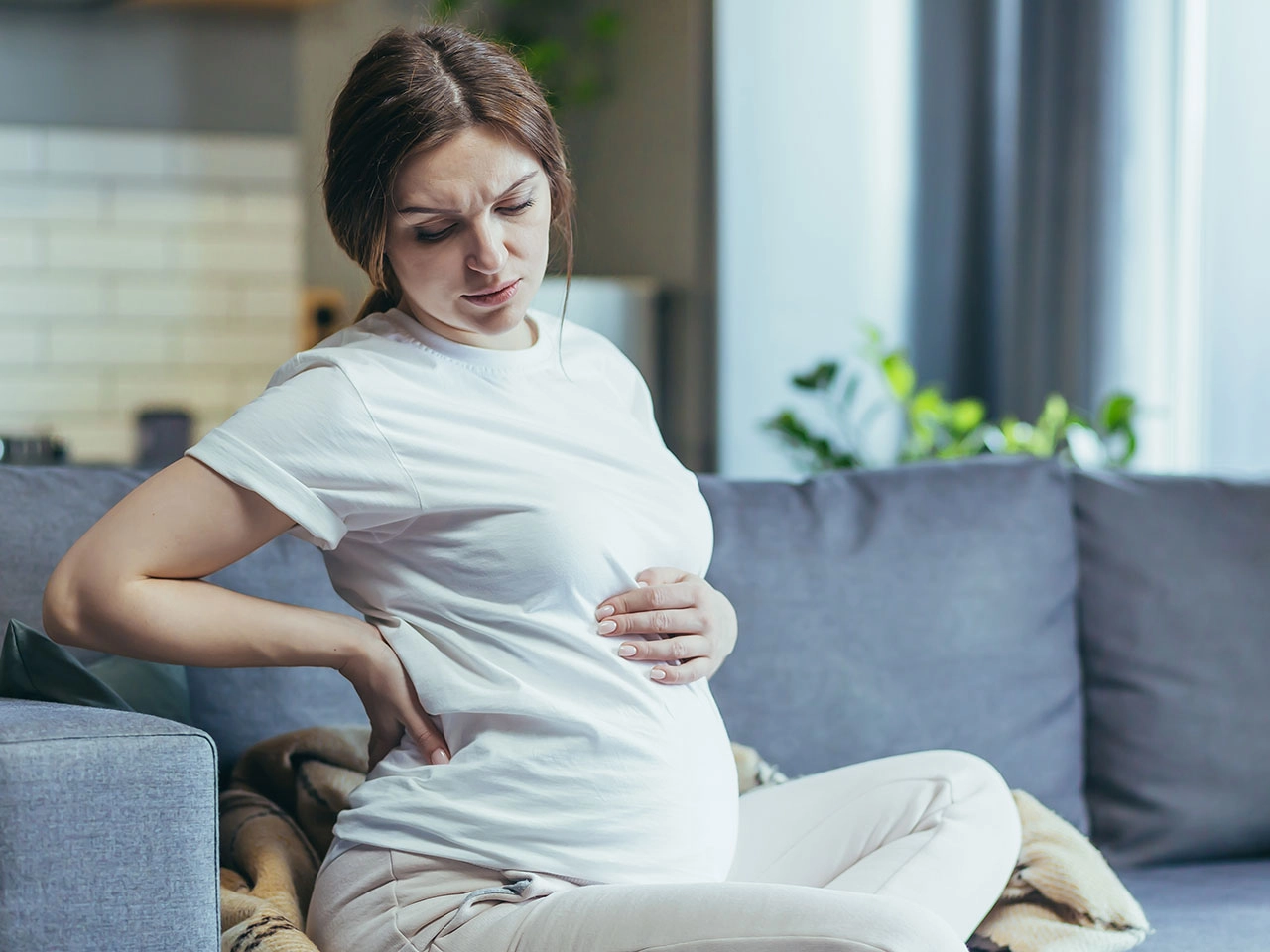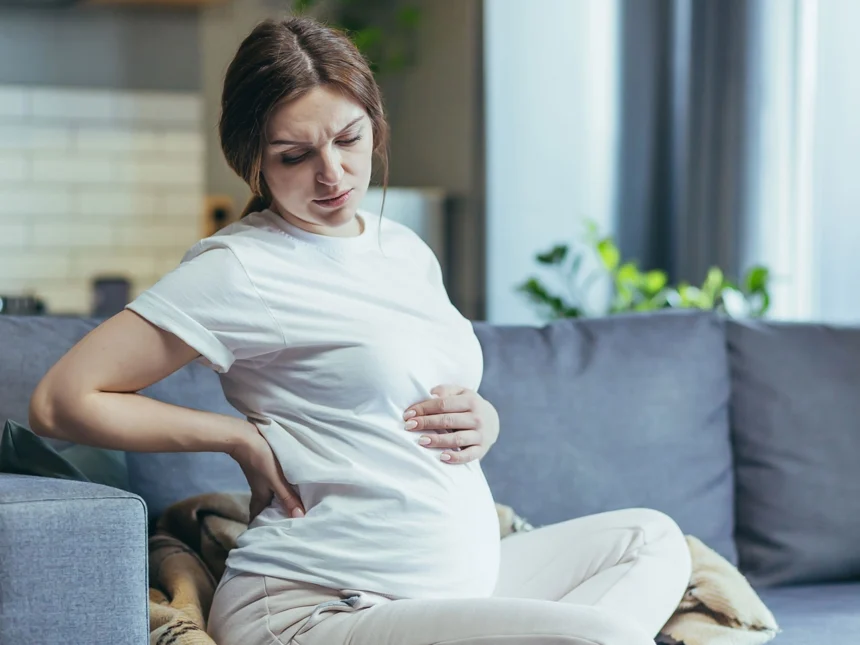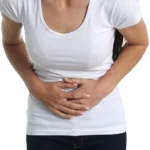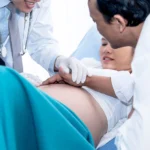The third trimester is the time when your anticipation is the highest and at the same time, your aches and discomforts also intensify. It is close now and you can’t wait to meet your baby, but before that, you may have to go through nasty hip pain and soreness. Most women commonly endure some level of hip pain or other bodily aches in their third trimester. Here are the common symptoms to expect during third trimester.
Causes of hip pain during third trimester
Your body is actually working wonders to accommodate the growing baby in the uterus. Many changes are taking place to ensure that the body is prepared for the delivery of the baby. This is a crucial time for some significant modifications; as a result of which you experience pain. Some common reasons for hip pain include-

Sciatic nerves
Sciatic nerves run along the length of your lower torso to the thighs and feet. The increasing weight of the uterus adds pressure on them, causing pain. This is known as sciatica and you may also feel numb or itchy around the lower torso and thighs. Even though this condition is common during pregnancy, it is better to discuss about this with your doctor, because in certain cases, sciatica may also be caused due to other health issues.
Round ligament pain
As the uterus expands, the tissues supporting it also get stretched, and this may lead to severe pangs of pain in the hips, lower abdomen and pelvis. The pain may feel sharp or increase when you move positions suddenly.
Relaxin hormone
This is released during pregnancy, in order to relax the tissues and joints in your pelvis and loosen them. It is important for these bones to turn flexible, so that the baby can pass through, during labor phase. All these changes can cause pain in your third trimester. Find out the hormonal effects in pregnancy during third trimester.
Weight and posture changes
The common increase in weight, combined with changes in posture can contribute to hip pain. The growing belly can shift your centre of gravity and with this, your way of sitting, standing or walking may get affected, causing discomforting pain.









